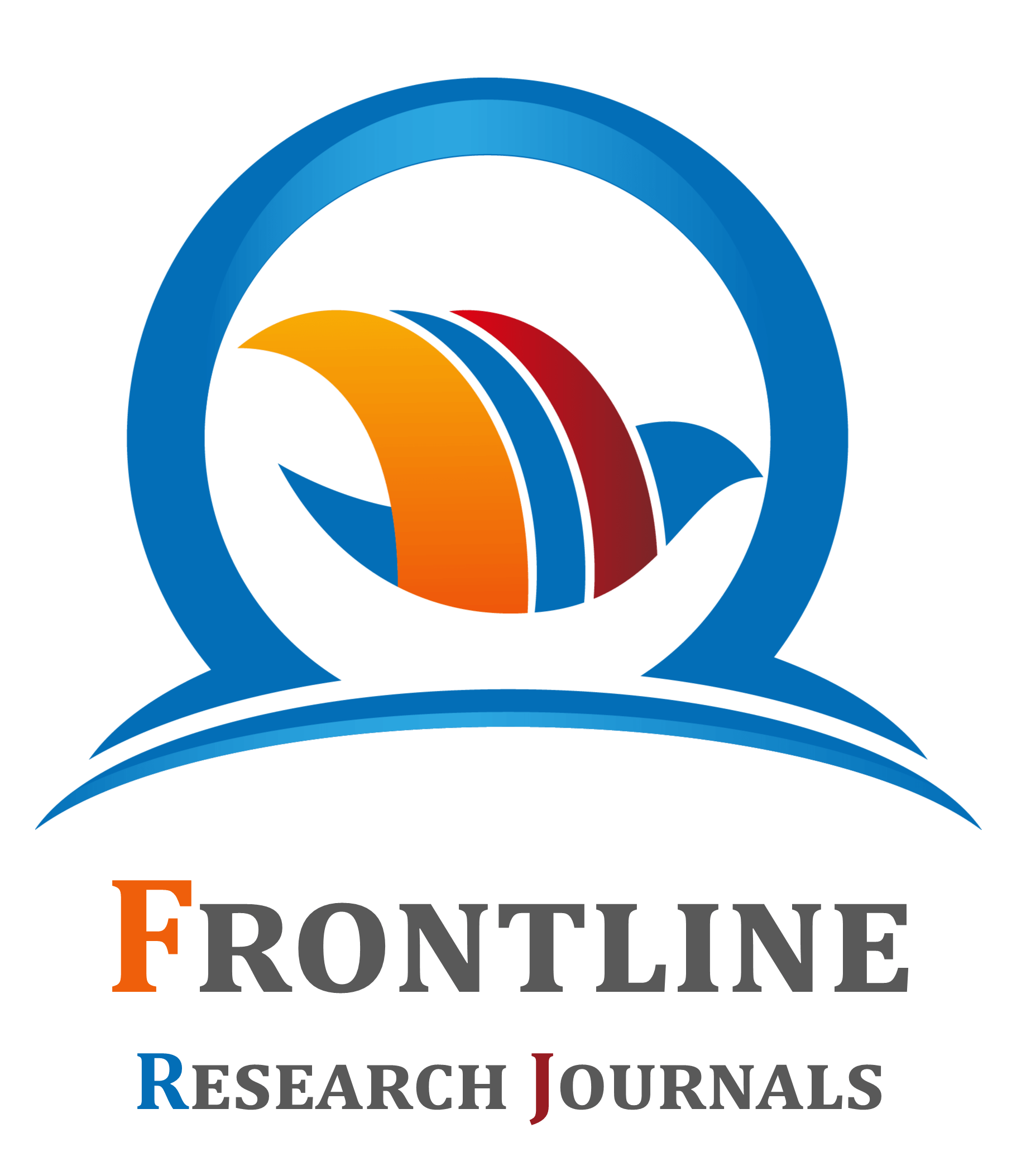Developing a conceptual framework for U.S. data privacy compliance in AI systems: Integrating CCPA and HIPAA Regulations
1 Gulfstream Aerospace Corporation.
2 TD Bank, Toronto Canada.
3 Independent Researcher, Texas, USA.
4 Boston University, MA, USA.
Review
International Journal of Frontline Research and Reviews, 2024, 04(01), 011-019.
Article DOI: 10.56355/ijfrr.2025.4.1.0034
Publication history:
Received on 05 October 2024; revised on 16 December 2024; accepted on 20 December 2024
Abstract:
The rapid adoption of artificial intelligence (AI) across industries has heightened the importance of robust data privacy compliance, particularly in the U.S., where complex regulatory frameworks such as the California Consumer Privacy Act (CCPA) and the Health Insurance Portability and Accountability Act (HIPAA) govern data usage. This paper proposes a conceptual framework to harmonize these regulations within AI system design, emphasizing transparency, accountability, and ethical governance principles. The framework addresses key challenges, including regulatory gaps, legal risks, and ethical concerns, by outlining actionable strategies for integrating privacy safeguards into AI technologies. Practical recommendations are provided for policymakers, developers, and organizations to navigate the regulatory landscape, mitigate risks, and ensure ethical compliance. Additionally, this paper highlights areas for future research to refine the framework and advance the responsible development of AI systems. The proposed approach aims to foster trust, protect user rights, and promote AI's ethical and innovative use in an increasingly digital society.
Keywords:
Artificial Intelligence Governance; Data Privacy Compliance; CCPA Integration; HIPAA Regulations; Ethical AI Development; Risk Mitigation Strategies
Full text article in PDF:
Copyright information:
Copyright © 2025 Author(s) retain the copyright of this article. This article is published under the terms of the Creative Commons Attribution Liscense 4.0
